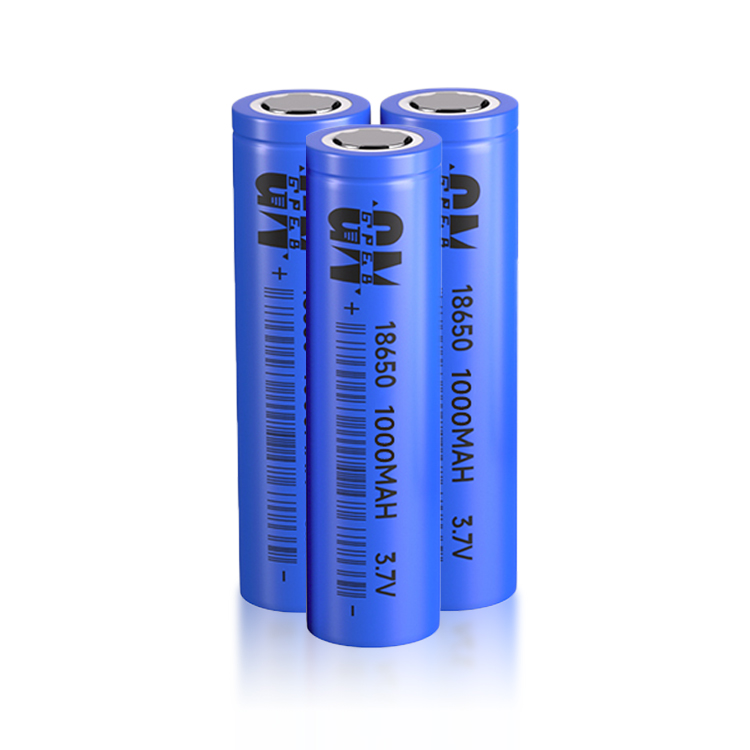

At the Tokyo Motor Show that just concluded, the three major Japanese car manufacturers Toyota, Honda and Nissan displayed a variety of models, but all of them were fuel cell models. New energy models became the protagonist of this auto show. Faced with the fact that some countries around the world have announced timetables for the suspension of production and sales of traditional energy vehicles, Japanese
At the Tokyo Motor Show that just concluded, the three major Japanese car manufacturers Toyota, Honda and Nissan displayed a variety of new energy vehicles, but all of them were fuel cell models. New energy vehicles have become the focus of this auto show. main character.
In the face of the fact that some countries around the world have announced timetables for the suspension of production and sales of traditional energy vehicles, the three major Japanese car manufacturers are naturally unwilling to be eliminated by the times and lose this important competitive market in the future. It’s just that at present, car manufacturers led by Tesla are pushing lithium-ion battery vehicles into the forefront of the times. Why are the Japanese still paranoid about developing fuel-powered cell vehicles?
It is difficult to popularize hydrogen fuel cell vehicles, but Japanese cars insist on vigorously developing them. In fact, it is not entirely without reason. Because compared to current pure electric vehicles, fuel cells are truly clean energy. Even though the current cost of hydrogen production is relatively high and it is slightly eclipsed in competition with lithium-ion batteries, many developed countries have not given up research on it. In the field of hydrogen energy research, Japan, Europe and the United States all have good scientific research results and technology accumulation. Recently, Europe has announced new research and development results on fuel power cells, producing fuel power cell catalysts with better performance and lower prices. , the important raw materials are nano-tungsten oxide and cobalt. If nothing unexpected happens, it is only a matter of time before the cost of hydrogen production decreases.
Popular science from the editor: Fuel power cells are closely related to tungsten. It is very likely that tungsten-based catalysts will be used in future popular fuel power cells. This view has been widely recognized in developed countries such as Japan and the European Union. Recently, the Catalan Institute of Chemistry announced that it has developed a new cheap, efficient fuel cell catalyst.
The Tokyo Motor Show is known as one of the five major auto shows in the world. As Japan is an important automobile manufacturing country in the world, the auto show not only displays new cars, but also serves as a benchmark for future automobile development trends. The Tokyo Auto Show is undoubtedly the best choice to observe the future development direction of Japanese car companies.
Judging from the scene, new energy vehicles are divided into two camps. While most manufacturers are developing lithium-ion batteries as power units, Japanese and Korean car companies represented by Toyota and Honda are developing fuel-powered cell vehicles...

Popular recommendation
Ni-MH battery pack.Introduction to vacuum distillation recovery technology of scrap nickel-cadmium b
2023-10-09How to improve the energy density of lithium battery...
2022-06-13r03 battery!my country has made a breakthrough in solid-state lithium battery interface issues, prov
2023-10-08American university develops cobalt-free high-energy l12V23A battery.ithium-ion battery that can sig
2023-10-08CR2430 battery.Seven major lithium-ion battery technologies and resources subject to foreign restric
2023-10-08button battery 2025.10 major research progresses in ternary materials for lithium-ion batteries
2023-10-081.2V NiMH batteries.High security, high density, BAK engineers decipher the thermal management of cy
2023-10-09lithium battery 18650.What is 18650 battery cell?
2023-10-13LR6 alkaline battery.Study on the mechanism of failure of 18650 cylindrical lithium-ion battery caus
2023-10-09batteries aaa!SK Innovation will develop new batteries and increase production capacity
2023-10-0818650 battery 3.7v 1800mah.Are fast charging and slow charging of lithium-ion batteries the same on
2023-10-08aa alkaline battery.Manufacturing nickel-metal hydride batteries must ensure battery performance and
2023-10-09